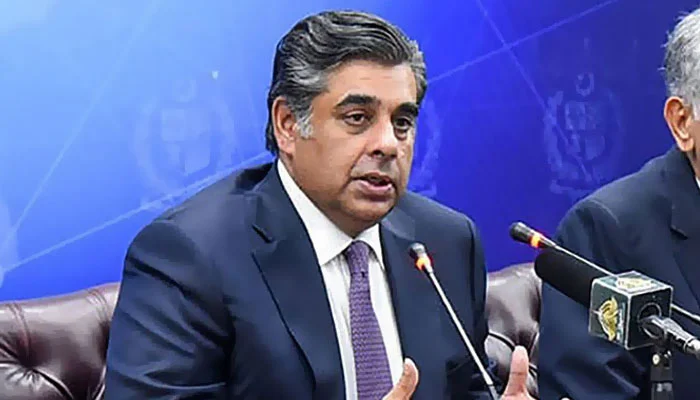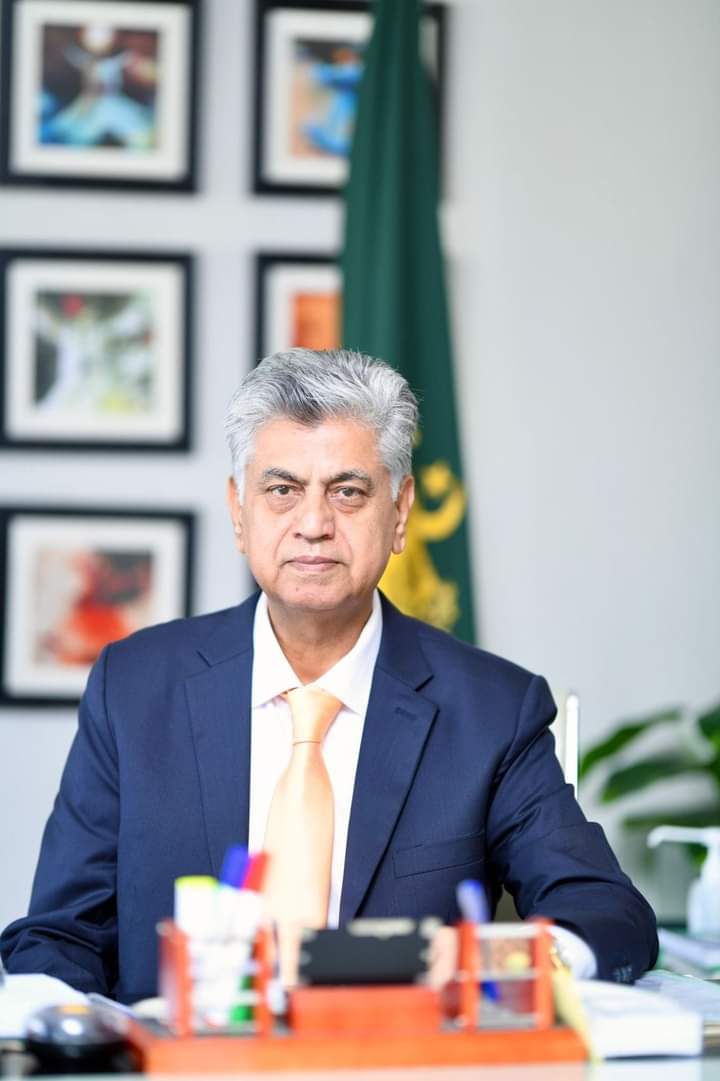Upcoming Indian elections raise concerns as BJP eyes third term: IPS Roundtable The poll results to impact national, regional dynamics
Islamabad, Feb 1, 2024: While several South Asian countries are holding elections, the results of the upcoming Indian elections will significantly impact the country within and beyond its national borders. Concerns arise as the BJP eyes a third term, with potential repercussions including further escalation in Hindu fundamentalism and compromises on the rule of law. Besides, the results will also wield a substantial influence on regional dynamics and redefine India’s interactions with its neighbors.
This was observed during a roundtable, “Democracy in India: New Dynamics & Evolving Scenario,” held at the Institute of Policy Studies (IPS), Islamabad. This roundtable was the first of a series of discussions being held to understand the decade of Bharatiya Janata Party’s (BJP) rule, marked by enormous changes in socio-political outlook and policy shifts, and navigate the future course to which India is heading in the backdrop of the general elections scheduled for May.
The roundtable, chaired by Khalid Rahman, chairman, IPS, was addressed by Dr Mujeeb Afzal, author, associate professor, School of Politics and International Relations (SPIR), QAU, Dr Farooq Adil, author and journalist, Iftikhar Gilani, journalist, Ambassador (r) Syed Abrar Hussain, vice chairman, IPS, Prof Dr Fakhr-ul-Islam, advisor research and academic outreach, IPS, legal experts, scholars, and journalists.
The speakers said the biased constitutional interpretations in India signal its shift from a secular state to a Hindu-centric one. This has undermined the rule of law, influenced by Hindu nationalism, leading to an autocratic bureaucratic structure with Hindu extremists capitalizing on divisive issues.
Dr Mujeeb Afzal said the Indian constitution, initially contextualized for the diversity within the nation, has transformed into a compromised rule of law. This is due to the influence of Hindu nationalism in shaping the constitutional discourse and its interpretation of the constitution, signaling potential challenges to its secular fabric.
This has led to a bureaucratic structure mirroring an autocratic system reminiscent of the colonial past. He said while a unified secular discourse prevails at the national level, there is a tendency towards communism at the Congress level. The geographical and civilizational aspects, grounded in the concept of dharma, significantly influence how the constitution is interpreted and applied. Key manifestations include the revocation of Article 370 and the construction of Ram Mandir, prominently featuring in the BJP’s manifesto. Notably, the judiciary has not actively intervened in such matters, he said.
Dr Afzal said if this trend continued, it could lean more aggressively towards a Hindu perspective. In light of these developments, the question of constitutional legitimacy and interpretation remains a critical aspect of India’s political landscape and democratic ethos.
This was endorsed by Dr Farooq Adil, who quoted Barack Obama saying in 2023 about the precarious state of minorities in India, that they face pressures and lack safeguards, with no support from the state and its institutions. the continuation of such situation could strain Indian cohesion. He also observed that the Indian media landscape has been focusing more on dispersing narrative in a way that often causes erosion of democratic values.
Dr Adil said the prevailing situation draws attention to a complex state of affairs in India, marked by challenges to minority rights, a shift towards extremist ideologies, loss of media integrity, erosion of trust in key institutions, and the emergence of an autocratic trend with potential implications for the country’s democratic fabric.
Iftikhar Gilani said India is an exclusive democracy in which the upper caste dominates politics and has a disproportionate amount of influence in governing the nation. He said extremist Hindus intentionally stir up controversies on the sacredness of cows, disputes with Muslims, and historical rivalry with Pakistan. As the 2024 elections draw near, the radical elements are capitalizing on conflicts with Muslims.
With these developments, India is gradually transitioning from a secular state to a Hindu state or rather an anti-non-Hindu state, where the emphasis on Hindu identity and ideology marginalizes and potentially discriminates against religious and ethnic minorities, said Abrar Hussain.
In his concluding remarks, Khalid Rahman underscored the dichotomy within India’s democratic framework, noting that while it is recognized as the world’s largest democracy, the essence and values of democracy fall short. He said the association of terms like secularism and democracy in India’s rhetoric is notable, yet the practical reality reflects an overwhelming promotion of nationalism. This fervent promotion, he observed, makes it challenging for those not aligned with nationalist sentiments. This is not just the case with political opposition but also with civil societies and individuals.
Rahman further said that, in the evolving scenario, it becomes crucial to assess the impact of India’s actions and behaviors, particularly how the Muslim world perceives them. He underscored the importance of scrutinizing the treatment of Muslims in India and gauging the response from the Muslim world, which suggests a certain indifference.




